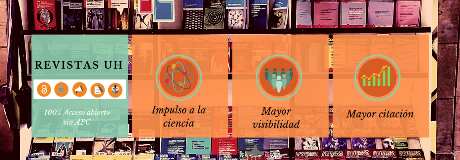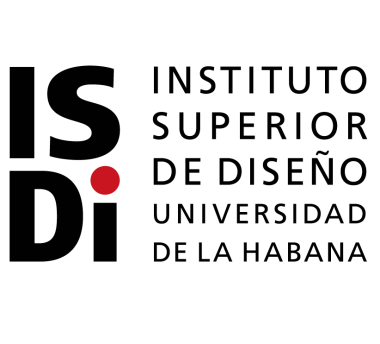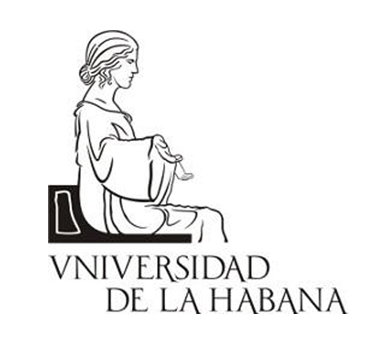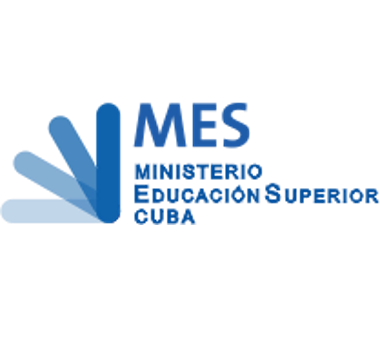Internationalization of design education
##plugins.themes.bootstrap3.article.main##
Abstract
Internationalization in general and in particular for the training of designers is essential in achieving the broad development that this profession requires. Possessing an international experience is an asset that is incorporated as part of the skills of the students, who after graduating they incorporate into the organizations where they work. These skills reflect capacities such as adaptation to new situations and environments, as well as the acquisition of transversal competences that are difficult to acquire in other areas.
Teaching design in Cuba is a great challenge, because this profession requires constant updating of styles and trends, as well as resources and technology to carry out different projects. There are economic limitations that place students and professionals in a disadvantageous position from the point of view of the availability of material resources with respect to others at the international level. The search for alternatives and solutions that respond to different needs are elements that characterize Cuban professionals.
The Higher Institute of Design of the University of Havana, the only one of its kind in Cuba, promotes the exchange of students, as well as the participation of professors from other universities in undergraduate and graduate teaching, sharing their experience, knowledge and contributing other both contextual and situational perspectives.
As a design teaching and learning strategy, internationalization offers opportunities to strengthen local cultural values ??in relation to global dynamics, as well as understanding the effects of globalization on local culture. It also has the potential to promote intercultural competencies and learning, by incorporating different mechanisms to understand the relationships and global-local-regional dimensions of knowledge in disciplinary and interdisciplinary areas, as well as cultural values, to strengthen national identity.
To ensure that the international dimension is an added value to teaching and that a more international training is achieved for future design professionals, the Institute negotiates agreements and agreements with foreign universities, as well as the management and organization of specific international programs, the international mobility of students, holding workshops as well as other exchange activities with universities and organizations from different latitudes. This means that internationalization in the study of design in Cuba is recognized as an institutional policy and culture, which involves all areas and activities carried out at the university: teaching, research and extension.
In the business sphere, it must be taken into account that design is a transversal creative activity and must be considered as an element of added value in products or services, which has a different importance depending on the sector. Design is in turn a strategic factor of differentiation, which achieves competitive advantages that can be key for the development of companies at an international level.
The internationalization of companies is an opportunity to guarantee their own growth and development, design constitutes a tool for these internationalization processes to be increasingly successful.
##plugins.themes.bootstrap3.article.details##

This work is licensed under a Creative Commons Attribution-NonCommercial-ShareAlike 4.0 International License.
- Attribution — You must give appropriate credit , provide a link to the license, and indicate if changes were made . You may do so in any reasonable manner, but not in any way that suggests the licensor endorses you or your use.
- NonCommercial — You may not use the material for commercial purposes .
- No additional restrictions — You may not apply legal terms or technological measures that legally restrict others from doing anything the license permits.
- ShareAlike — If you remix, transform, or build upon the material, you must distribute your contribution under the same license as the original. NOTE: This point applies to numbers 1 to 20 of the magazine with the previous CC-BY-NC-SA 4.0 license. Does not apply to the new CC BY-NC 4.0 license from Volume 11, Number. 21 (2024).






















